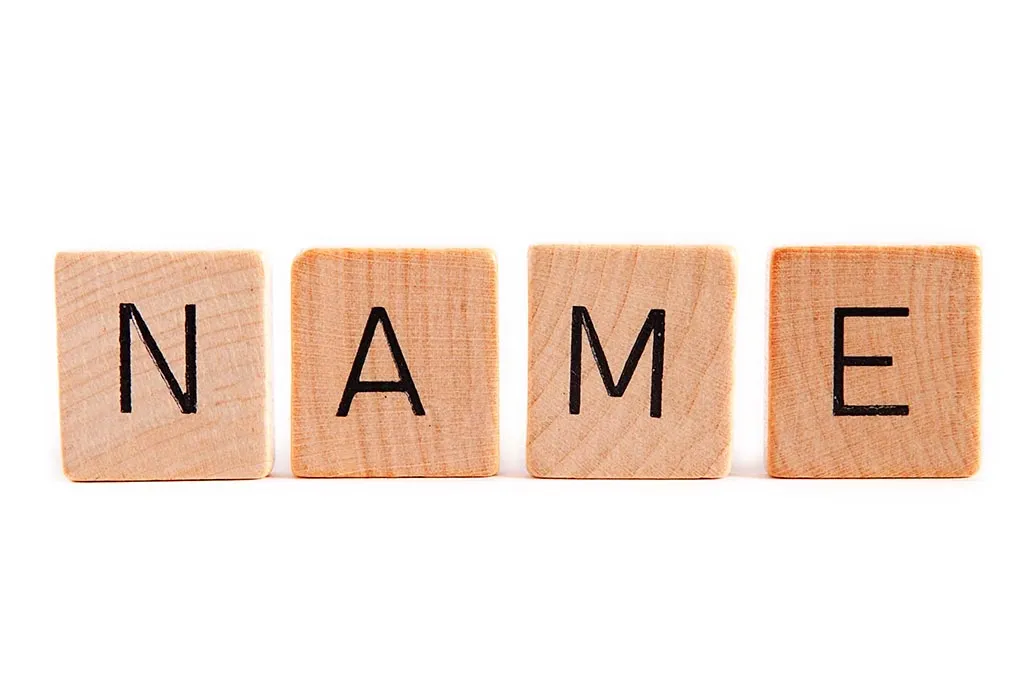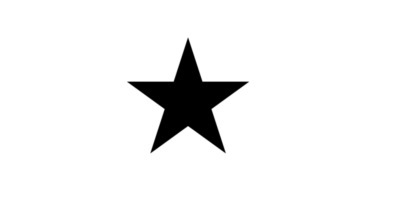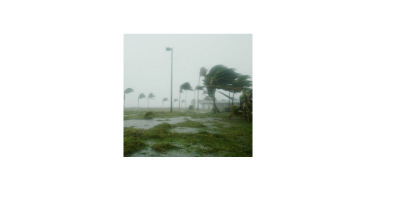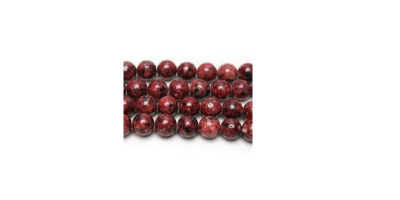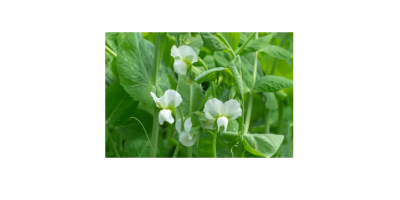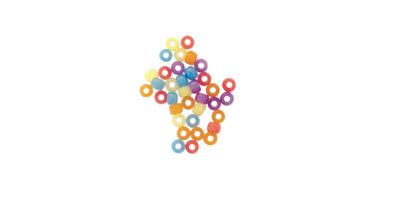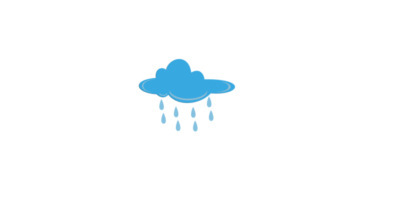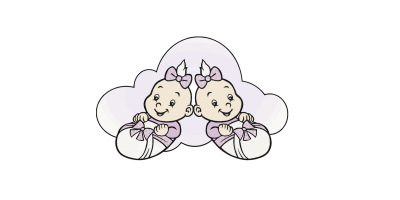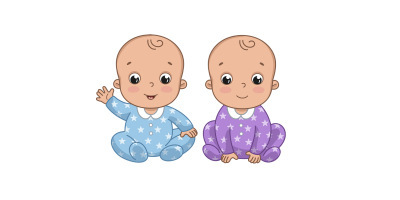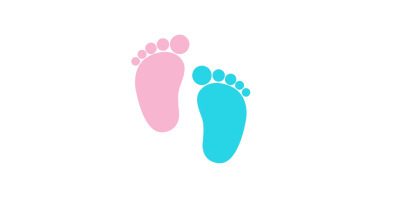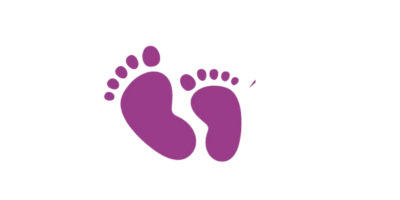In Bunyoro-Kitara, as was the case elsewhere in Africa, names and naming bear spiritual, psychological, and physical significance. Names, naming practices, and meanings for the people shape a collective identity of the Banyakitara. Babies are given names at birth which reflect the context in which their families find themselves.
Personal names are an indicator rather than a determinant of a child’s life chances, names being more symptom than cause of the evolving racial divide. Names then can be used to link social actors, reproduce social relationships or create change. They establish order, by both categorizing and differentiating people. Through naming, people can express power over the child, within the household, or in the community.
Like most African names, Kinyoro names are actually words or phrases in the Runyoro language; and they have a meaning. Most names are based upon the prevailing circumstances, environment, family or clan at the time of the child’s birth.

